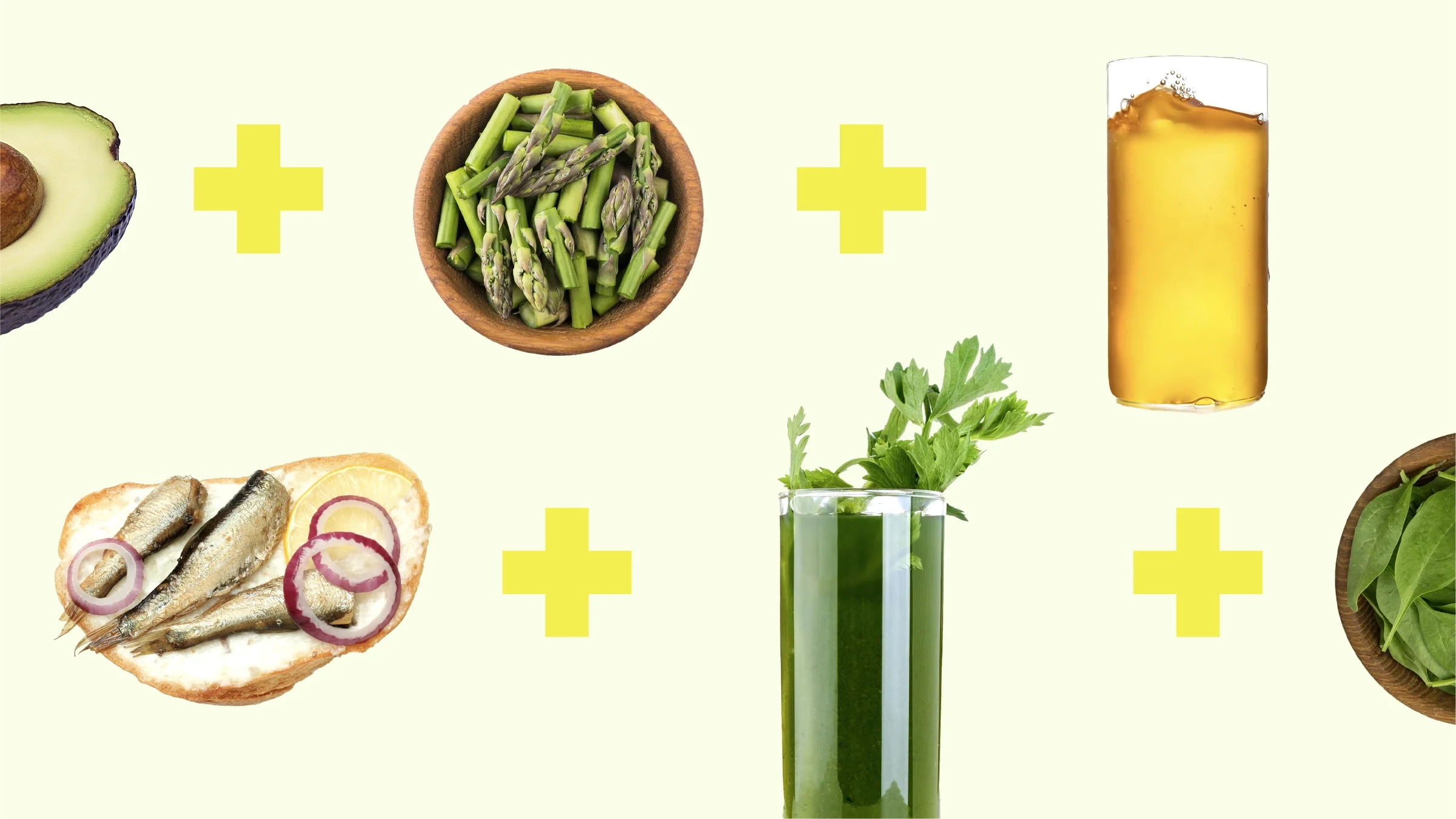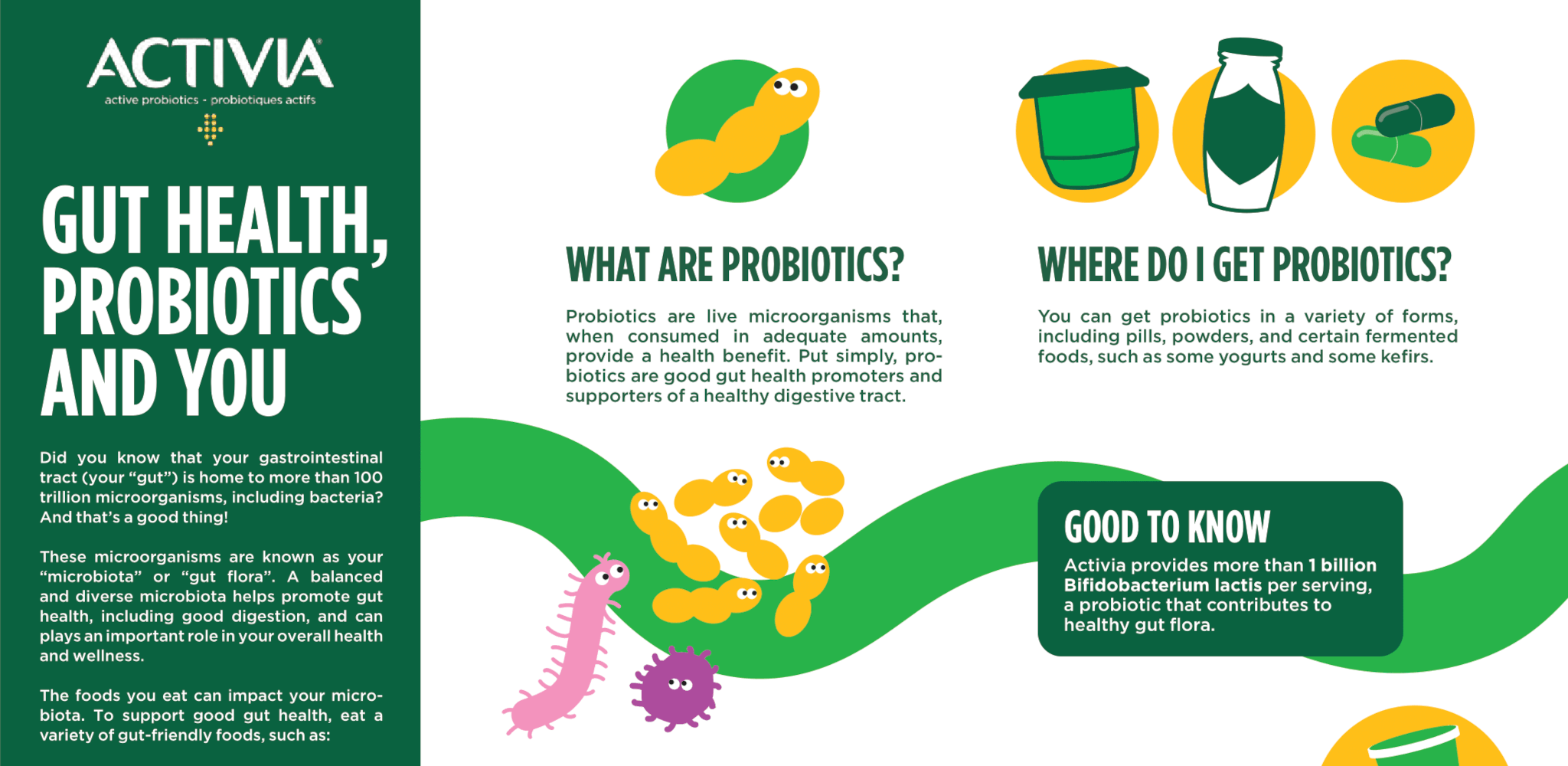Last Updated on January 14, 2026
Your gut health plays a huge role in how you feel every day—affecting your energy, mood, and even your immune system. But did you know that what you eat can either harm or heal your gut?
By making simple changes to your nutrition, you can support your digestive system and unlock better overall health. Ready to discover easy, effective ways to nourish your gut and feel your best? Keep reading, because the secrets to a healthier you start right here.

Credit: www.goodrx.com
Key Nutrients For Gut Health
Understanding the key nutrients that support your gut health can transform how you feel daily. Your gut is not just about digestion; it plays a vital role in your immune system and overall energy. Focusing on specific nutrients helps maintain a balanced gut environment, which directly affects your well-being.
Role Of Fiber
Fiber is essential for keeping your digestive system moving smoothly. It adds bulk to your stool, making it easier to pass and preventing constipation. Foods rich in fiber include whole grains, fruits, vegetables, and legumes.
Have you noticed how eating more fiber-rich foods often leads to feeling lighter and more energetic? That’s because fiber also feeds the good bacteria in your gut, helping them thrive. Aim to include a variety of fibers, such as soluble and insoluble, to support different functions in your gut.
Importance Of Probiotics
Probiotics are live bacteria that add to the population of good microbes in your gut. They can be found in fermented foods like yogurt, kefir, sauerkraut, and kimchi. Adding these to your diet can help restore balance when your gut bacteria are disturbed.
I once struggled with bloating until I started eating probiotic-rich foods daily. The change was noticeable within weeks. Probiotics can improve digestion and boost your immune defenses, but consistency is key for lasting benefits.
Benefits Of Prebiotics
Prebiotics are types of fiber that feed your gut’s good bacteria. They are found in foods like garlic, onions, leeks, asparagus, and bananas. Including prebiotics in your meals helps maintain a healthy gut flora by nourishing beneficial microbes.
Do you pay attention to what feeds your gut bacteria? Without prebiotics, probiotics have less fuel to grow. Try combining prebiotic and probiotic foods to maximize your gut health benefits.
Foods That Support A Healthy Gut
Eating the right foods can make a big difference in how your gut feels and functions. The foods you choose not only fuel your body but also feed the trillions of bacteria living in your digestive system. These bacteria play a key role in digestion, immunity, and even mood. What you eat can either support a balanced gut or disrupt it.
Fermented Foods
Fermented foods are a natural source of probiotics, the “good” bacteria that help maintain a healthy balance in your gut. Yogurt, kimchi, sauerkraut, and kefir are great options to add to your diet. I started eating kefir daily and noticed less bloating and better digestion within weeks.
These foods introduce live bacteria directly to your gut, helping outcompete harmful bacteria. They also produce beneficial compounds that improve your gut lining. Have you tried adding a spoonful of sauerkraut to your meals yet?
Whole Grains And Vegetables
Whole grains like oats, brown rice, and barley are rich in fiber, which acts as food for your gut bacteria. Vegetables such as broccoli, carrots, and leafy greens provide both fiber and essential nutrients. When I switched to eating more fiber-rich foods, I felt more energetic and had more regular bowel movements.
Fiber helps your gut bacteria produce short-chain fatty acids, which protect your gut lining and reduce inflammation. Try swapping white bread for whole grain, or add extra veggies to your plate to give your gut a boost.
Hydrating Foods
Staying hydrated is crucial for gut health because water helps move food through your digestive system smoothly. Foods with high water content like cucumbers, watermelon, and celery can improve hydration and digestion. Drinking water alongside these foods can ease constipation and prevent discomfort.
Have you noticed how eating juicy fruits can sometimes make you feel lighter and less bloated? Including hydrating foods can be a simple way to support your gut daily.
Lifestyle Habits To Enhance Digestion
Maintaining good digestion goes beyond just what you eat. Your daily habits play a huge role in how well your gut processes food and absorbs nutrients. Simple lifestyle changes can make a big difference in your digestive health, helping you feel lighter, more energized, and less bloated.
Regular Meal Timing
Eating at consistent times helps your digestive system know when to expect food, improving its efficiency. Skipping meals or eating irregularly can disrupt your gut’s rhythm, causing discomfort or indigestion.
Try to schedule meals around the same time each day, even if it’s just a small snack. This habit helped me reduce afternoon bloating and keep energy levels steady throughout the day. Have you noticed how your body reacts when you eat late at night or skip breakfast?
Managing Stress
Stress directly affects your digestion by triggering the release of hormones that slow down the process. When you’re anxious or overwhelmed, your gut may feel upset, leading to symptoms like cramps or diarrhea.
Adding simple relaxation techniques like deep breathing or short walks during stressful moments can ease your gut tension. I found that journaling for five minutes daily calmed my mind and improved my digestion noticeably. What small stress relief habit could you try today to support your gut?
Staying Active
Physical activity stimulates your digestive tract and helps move food through your system faster, preventing constipation. You don’t need intense workouts; even a daily 20-minute walk can make a difference.
On days I skip activity, my digestion feels sluggish, and I notice more bloating. Moving your body regularly encourages healthy digestion and keeps your gut happy. What easy form of exercise fits into your routine to boost your digestion?

Credit: www.activia.ca

Credit: www.threads.com
Frequently Asked Questions
What Foods Help Improve Gut Health Naturally?
Fiber-rich fruits, vegetables, and whole grains feed good gut bacteria and aid digestion.
How Does Hydration Affect Gut Health?
Drinking water keeps digestion smooth and helps the gut absorb nutrients well.
Can Probiotics Support A Healthy Gut?
Yes, probiotics add good bacteria to the gut, improving balance and digestion.
Why Is Fiber Important For Gut Health?
Fiber helps move food through the gut and feeds helpful bacteria for better health.
How Often Should I Eat To Maintain Gut Health?
Eating regular, balanced meals supports steady digestion and a healthy gut environment.
Conclusion
A balanced diet supports gut health. Eat more fiber-rich foods like vegetables and whole grains. Stay hydrated to aid digestion. Include probiotics, such as yogurt, for good bacteria. Avoid processed foods and excessive sugars. These can harm gut balance. Listen to your body.
Notice any food sensitivities. Make gradual changes to your diet. Consistency is key. A healthy gut promotes overall wellness. It boosts immunity and mood. Keep your gut happy with nutritious choices. Simple steps can make a big difference. Aim for a healthy gut, and you’ll feel better daily.


